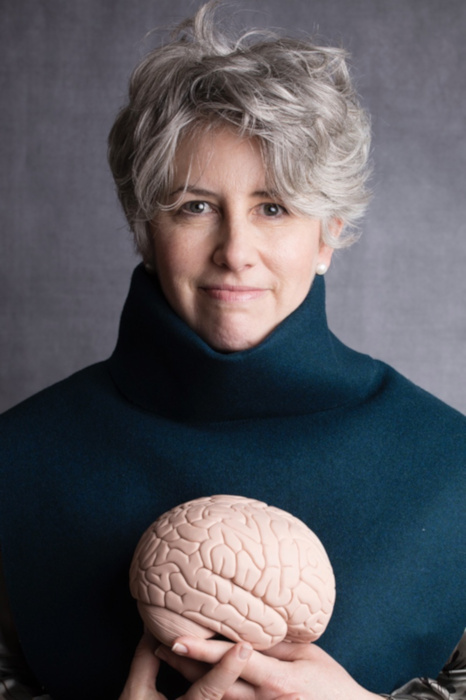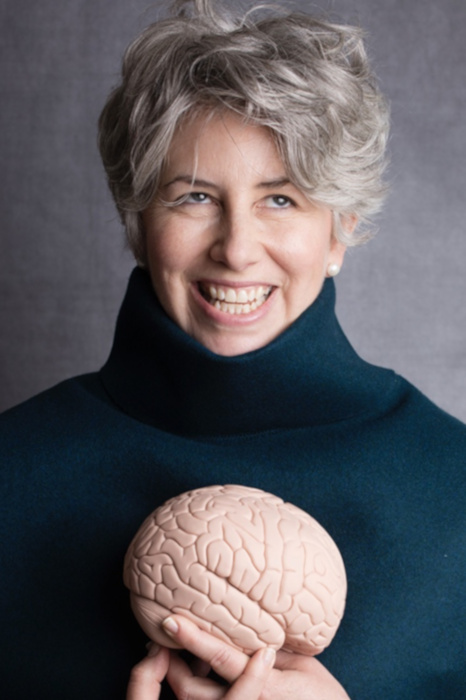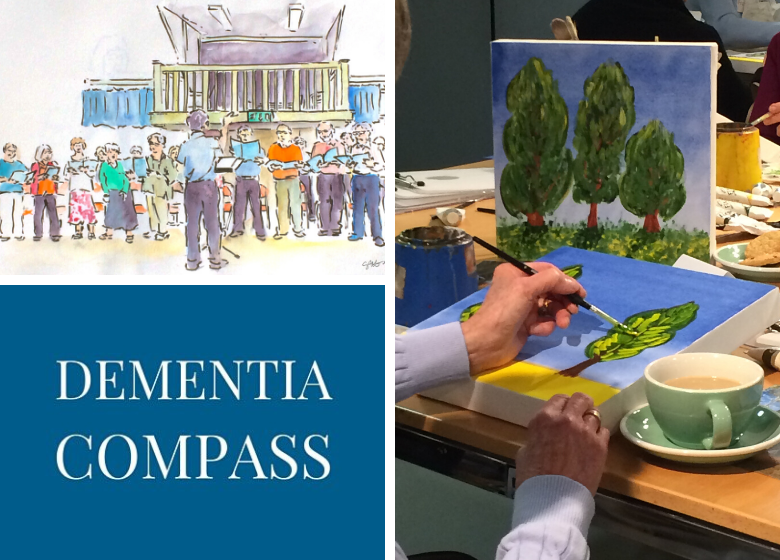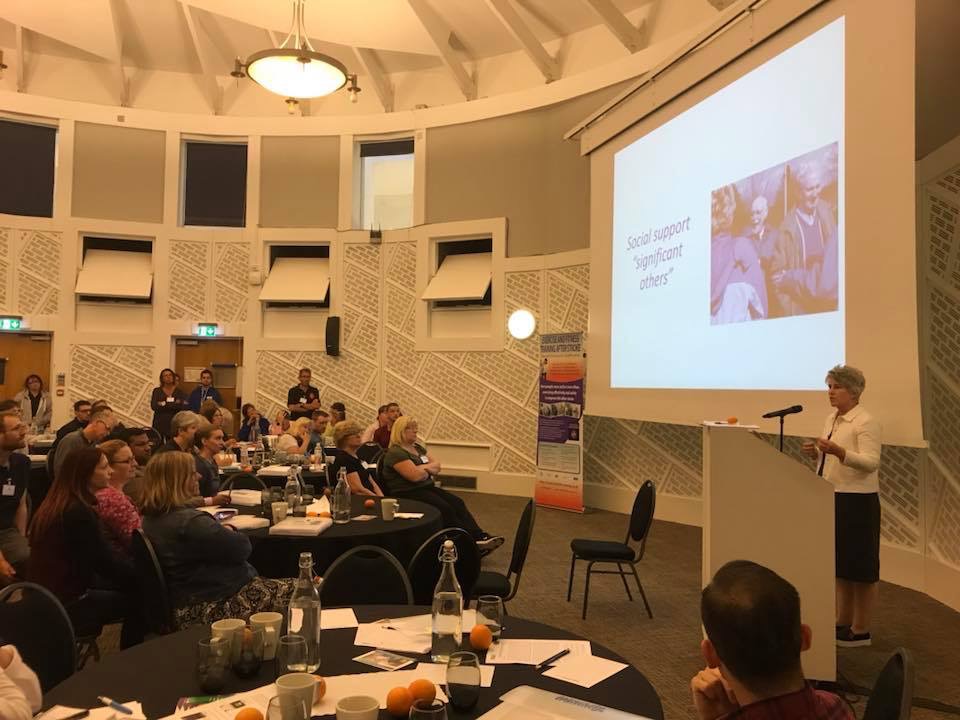Dementia Differently.
What if we expect more
Meet Edye Hoffmann
Like you, dementia wasn't on my radar.
I'd never met anyone with a dementia diagnosis until I met Anne, my mother-in-law. Anne was diagnosed with young-onset Alzheimer's disease at the age of 56. Too soon, you might think; I agree, it always is.
Like all families, Anne, her husband and four sons did the best they could to support her with too little information and too few resources. I watched them struggle with the changes in their relationships, the compassion fatigue, and the care burden. But, most of all, how Anne saw it all.
I was fortunate that she and I got on like ‘a house on fire’. I didn't have any history with Anne, which meant I couldn't compare her to who she might have been before. I could only see her as she was at the moment. I was luckier than most. I wasn't grieving a loss, so I could focus on her strengths and abilities, and Anne had a lot of those.


We're made of so much more.
Although I wasn't planning on supporting others with dementia, I also couldn't exclude them. Plus, I love the passion and life that I see in anyone navigating a cognitive impairment. You really are true heroes. So, after supporting Anne, I returned to work as a community organizer and naturally included individuals with dementia.
Over time I migrated to working with residents in care settings, then training others to do the same. Then, I took the time to study at the only Dementia Studies programme in the UK at the University of Bradford, to build on my training in anthropology.
All in all, I've dedicated more than fifteen years to working shoulder to shoulder with individuals with a dementia diagnosis, their care partners & extended family as they navigate a better life with cognitive impairment.
Founder, Dementia Compass

In 2010, I started Dementia Compass. My first programme was a community choir. My goal was to create a space where existing choir members would be welcomed when they were disinvited from singing in their long-standing choir communities. A year later, I began working with a local art museum to expand their existing programme using recent research evidence about cognitive ability. It is now an award-winning programme and has expanded into other museums.
Our organization is based in Cambridge, England and has included community choirs, museum courses, sports-minded programming, physical exercise as well as resources to support care partners. Unfortunately, at this time these programmes are suspended as we follow the guidance for physical distancing.

Keynote Speaker
When I'm not designing resources and running programs for Dementia Compass, I speak with the public - families, adult care partners, health care professionals, etc. I share the stories of strength and ability that I witness in the community so that others can live better. It's a privilege to fill in the gaps people often overlook. Too often, the focus is only on the point of diagnosis, crises, and moves into care settings. We need to tell better stories of what's possible in between those times and help families navigate this period better, plan for more and be ready for a future cure or treatment.